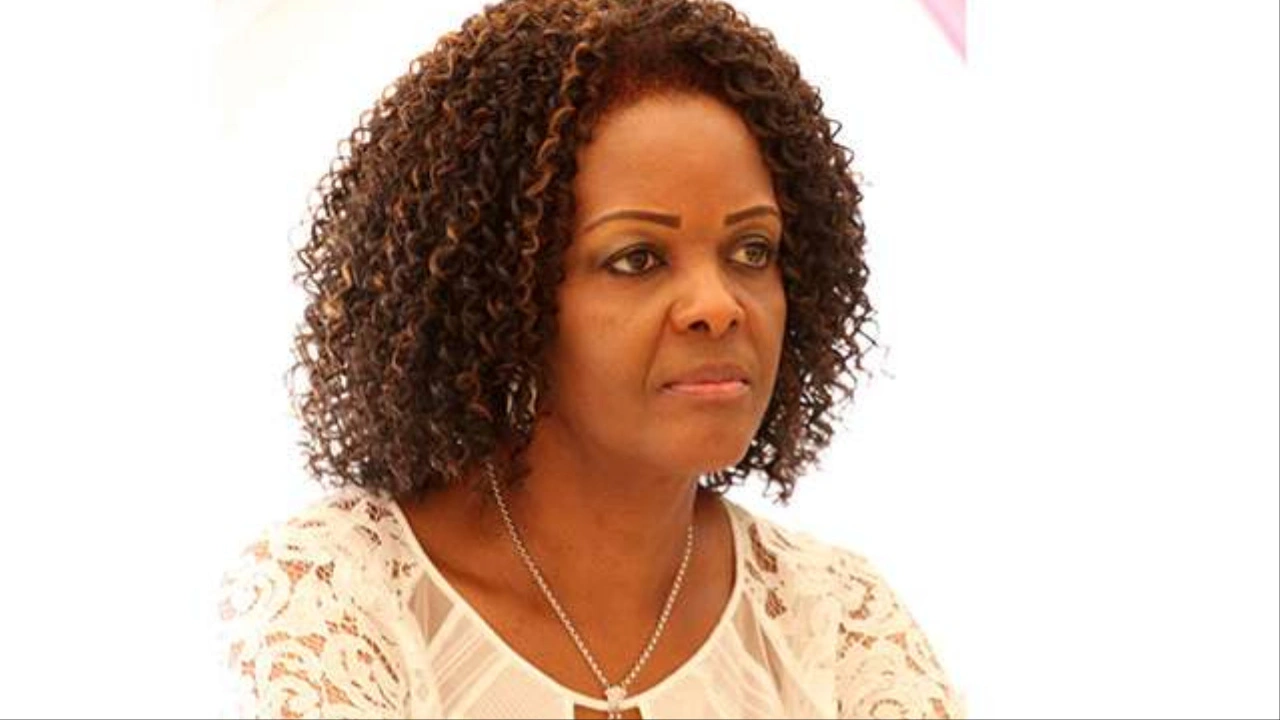
Minister Motsoaledi dismisses reports Cuba medical students costing taxpayers R300 million! Health Minister Aaron Motsoaledi has dismissed claims that the government is spending R300 million annually to fund South African medical students studying in Cuba.
He also rejected assertions that their medical qualifications are not recognized by the Health Professions Council of South Africa (HPCSA).
In a written response to a parliamentary question from ActionSA, Motsoaledi clarified that the Nelson Mandela Fidel Castro Medical Programme costs the Department of Health approximately R23 million per year, far less than what has been reported.
Cost Disputes
The issue arose after the Auditor-General presented a report to Parliament’s Defence and Military Veterans Committee, revealing that the tuition of 108 students in Cuba was analyzed to cost around R2.7 million per student annually. The report suggested that these costs are double what it would take to train medical students in South Africa.

Motsoaledi, however, contested these figures, stating that the government spends approximately R146,000 per student annually under the programme. He explained that the current cohort of 87 students, who began their studies in 2020, costs the government close to R13 million per year.
Additionally, students who have completed their Cuban training and are undergoing integration at South African medical schools cost an additional R10 million annually. Motsoaledi argued that the tuition costs for the Cuban programme are comparable to those in South Africa. However, he noted a key difference: tuition fees for local medical programmes increase each year, while the Cuban programme has a fixed annual cost over its five-year duration.
Addressing Limited Training Capacity
One of the primary reasons for the continuation of the Cuban programme, according to Motsoaledi, is the limited capacity of South African medical schools to train doctors. He emphasized that the programme is essential in addressing the shortage of medical professionals in the country, particularly in rural and underserved areas.
“The Cuban programme is helping to train additional doctors who are much needed, especially in rural areas,” said Motsoaledi.
He further clarified that Cuban-trained students undergo an 18-month integration programme in South Africa before entering the local healthcare system. This ensures they meet the standards required by the HPCSA and are fully integrated with South African-trained counterparts.

Misconceptions About the Programme
Motsoaledi also refuted allegations that the qualifications of Cuban-trained doctors are not recognized by the HPCSA. He reiterated that these students complete a thorough integration process, which includes an 18-month adaptation period at South African medical schools, ensuring their training aligns with local medical standards.
“There is no segregation between Cuban-trained students and their South African counterparts during the integration programme,” he added.
Programme Costs in Perspective
While the Auditor-General’s report highlighted the higher per-student cost of the Cuban programme compared to local medical training, Motsoaledi stressed that the figures presented in the report are inaccurate. The government’s reported expenditure per student is significantly lower than the R2.7 million figure cited in the analysis.
Motsoaledi acknowledged that the Cuban programme may appear expensive at first glance but argued that its value lies in its ability to produce much-needed doctors for the country.

Looking Forward
The Nelson Mandela Fidel Castro Medical Programme has long been a point of contention, with critics questioning its cost-effectiveness and alignment with local healthcare needs. However, the Health Minister remains adamant that the programme is an essential component of South Africa’s strategy to address the shortage of healthcare professionals.
Motsoaledi’s defense of the programme underscores the government’s commitment to finding innovative ways to train medical professionals despite limited resources and infrastructure at local medical schools. As the debate continues, the focus remains on ensuring South Africa has a robust pipeline of skilled doctors to serve its growing population, particularly in underserved regions.
#Minister #Motsoaledi #dismisses #reports #Cuba #medical #students #costing #taxpayers #R300 #million



